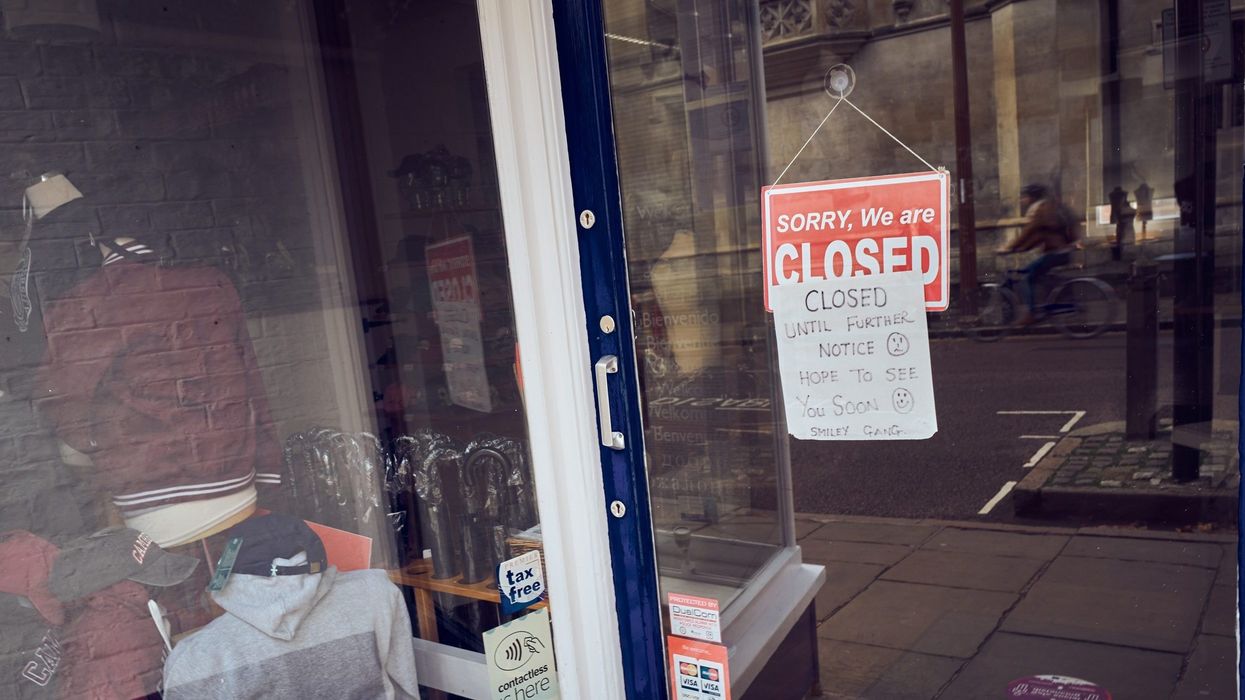Rising costs and declining real terms funding led to the fastest rate of pharmacy closures in decades
The UK has witnessed a nearly 50 percent increase in pharmacy closures this year compared to the same period in 2023, which was already considered the worst year in recent memory.
A new analysis by the National Pharmacy Association (NPA) revealed that 177 pharmacies closed their doors between January and April 2024, compared to 116 in the same period last year. This is the equivalent of 10 local pharmacies shutting down every week.
Analysis of NHS figures by the NPA showed that 403 pharmacies closed their doors last year, nearly five times higher than the number that closed in 2022. Since 2017, over 1,400 pharmacies have shut down across the UK.
Rising costs and declining real terms funding have led to the fastest rate of closures in decades, said the NPA, highlighting that “real terms funding has decreased by 40 per cent over the last decade.”
The association, which represents independent community pharmacies in the UK, has warned that many pharmacies are “running out of options to stay afloat” and permanent closures may be inevitable without an increase in funding in real terms.
It has urged the government to provide a new deal for pharmacies that “fills growing funding gaps, stabilises the network and stops the closures.”
This includes reversing historic cuts to pharmacy funding, advocating for community pharmacies to receive 2.5 per cent of the NHS budget, an increase from the current 1.6 per cent allocation.
NPA Chief Executive Paul Rees said: “These latest figures, which are skyrocketing, are absolutely shocking and distressing.
“Community pharmacies face a perfect storm of rapidly declining levels of real terms government funding and high levels of inflation – which is both increasing the cost of dispensing medicine and pushing many community pharmacies to the brink.
“Government funding no longer covers the costs of the nation’s medicines, leaving pharmacies to subsidise the NHS from their own pockets.
“Without a real-term increase in funding, pharmacies are being left with the choice of closing their doors or drastically reducing the service they can offer their local communities, making it more difficult for millions of people to get advice and vital medication.
“We need a new deal that delivers fair funding and provides an end to the mass closure of community pharmacies.”
Policy reversal needed to avert catastrophic impact
Janet Morrison, CEO of Community Pharmacy England (CPE), noted that the NPA's analysis provided further evidence confirming the stark reality that “many pharmacy businesses are on the brink of collapse.”
“Years of financial and operational pressures are continuing to take their toll as the government and NHS financial squeeze on the sector is now pushing all community pharmacies to the edge.
Pharmacies up and down the country are being forced to take drastic action, such as closing temporarily, cutting opening hours, reviewing their estates, and, if they can, closing branches.”
She warned that if the government and the NHS did not reverse this policy quickly, the impact would be catastrophic and vital healthcare services would become ever more chaotic, with medicines supply at great risk.
Janet added that the £645m recovery plan funding is “not enough” to reverse all of the pressures on community pharmacies, emphasising the urgent need for increased and sustained support and investment from the government and NHS.
According to her, the viability of pharmacy businesses remains CPE’s critical concern in funding discussions with policymakers.













